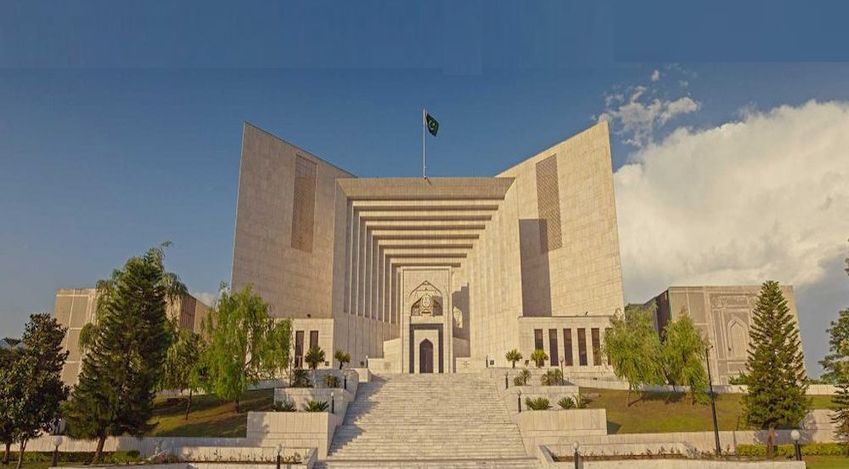Employees of Autonomous Bodies, such as PAEC, are not entitled to pay protection upon joining Government Service, as they do not fall under the Civil Servants Act, 1973 --- Supreme Court of Pakistan
Islamabad 18-03-2025: The Supreme Court of Pakistan has ruled that employees of autonomous bodies, including those working under Special Pay Scales (SPS), are not entitled to pay protection upon their appointment in government service. This decision came in the case of “Federation of Pakistan Vs. Muhammad Atiq-ur-Rehman & Others” [Civil Petition No. 687 of 2022], where the Federal Service Tribunal’s (FST) order granting pay protection to a former Pakistan Atomic Energy Commission (PAEC) employee was overturned.
The dispute arose when petitioner, formerly serving as Assistant (Admin) SPS-5 at PAEC, was appointed as Assistant Director (Admin) BS-17 in the Department of Libraries, Ministry of Education (Defunct) through a proper channel. His pay was reduced upon appointment, leading him to seek pay protection. The FST ruled in his favor, directing the government to restore his previous salary.
The federal government challenged the ruling, arguing that employees of autonomous bodies are not Civil Servants under the Civil Servants Act, 1973 and are, therefore, not eligible for pay protection under Fundamental Rule 22 (FR-22).
The three-member bench of the Supreme Court of Pakistan, comprising Mr. Justice Amin-ud-Din Khan, Mr. Justice Muhammad Ali Mazhar, and Mr. Justice Syed Hasan Azhar Rizvi, examined government policies, past case law, and constitutional provisions before reaching its decision.
The Court ruled that:
- Employees of autonomous bodies, unless their organization has fully adopted the Basic Pay Scale (BPS) system, cannot claim pay protection upon joining government service.
- PAEC follows a Special Pay Scale (SPS) system, making its employees ineligible for benefits under FR-22.
- The FST relied on an earlier decision (Muhammad Banaras Case) that was not a binding precedent and ignored Supreme Court of Pakistan rulings on the issue.
- The Supreme Court of Pakistan emphasized that its decisions are binding on all Courts and tribunals under Article 189 of the Constitution.
As a result, the Court set aside the FST’s decision and dismissed the Respondent’s service appeal.
Key Legal Principles Established
- Employees of autonomous bodies are not Civil Servants and are not entitled to pay protection under FR-22.
- Pay protection only applies to employees of organizations that have fully adopted the BPS system.
- Supreme Court of Pakistan precedents are binding, and per incuriam decisions (based on ignorance of law) have no legal standing.
- The FST’s reliance on a non-precedent judgment was an error.
This judgment is expected to have a significant impact on employees of autonomous bodies, particularly those working under special pay scales. It clarifies the legal position regarding pay protection policies and reinforces the distinction between civil servants and employees of autonomous bodies. Government departments will now have a clear precedent to deny pay protection claims from employees of statutory bodies that have not fully adopted BPS.
Powered by Froala Editor








